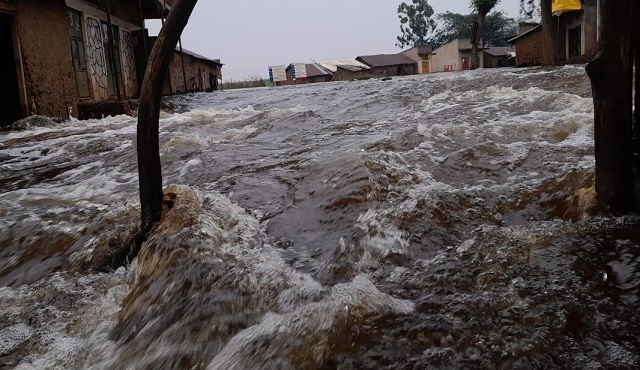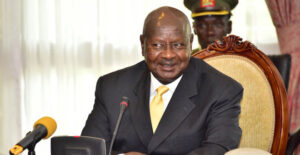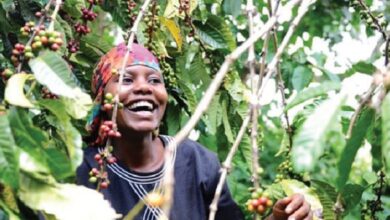The rising threat of floods in Uganda
These can be done by encouraging farmers to explore alternative income sources beyond agriculture, which reduces pressure on land.

Op-Ed: Floods have become an increasingly pressing issue in Uganda, impacting communities, ecosystems, and livelihoods.
In this article, I would like to delve into the causes of the rising threat to communities and livelihoods in Uganda. Uganda’s large natural resources, like the forests, for example, Bugoma Forest, Mabira Forest, and Budongo Forest, and water bodies like the Victoria Basin and Albertine Basin, are under attack by large-scale investments by the government.
Bugoma forests are being cleared for sugarcane plantations and road construction. The Albertine and Victoria Basins are being destroyed by the oil projects that are costing the livelihoods of the people. For example, the recent floods in Bulisa district destroyed people’s farmlands due to mismanagement by the Tilenga project.
Uganda experiences seasonal climate changes—the delicate balance of rainfall and drought. However, climate change has disrupted this delicate balance. Intense rainfall during the wet season leads to swollen rivers and overflowing lakes. Conversely, prolonged droughts during the dry season reduce soil moisture, making the land less absorbent when rains finally arrive. This causes running water to stay for longer hours on the land surface, and as a result, flooding of the environment occurs.
Forests, swamps, and waterbodies play a critical role in regulating the flow of water and maintaining ecological balance. However, unsustainable agriculture practices like uncontrolled bush burning, massive deforestation, and swamp clearing have led to their destruction. Farmers often clear forests for cultivation, drain swamps, and encroach upon waterbodies. These actions disrupt the natural water cycle, exacerbating flood risks.
Large-scale infrastructure projects by the government, such as dams, road construction, and industrialization, can alter the local hydrology. While these projects aim to improve development, they sometimes inadvertently increase food vulnerability. Poorly planned drainage systems and altered river courses can worsen flooding during heavy rainfall.
I argue that the that the government, through its different initiatives, should prioritize environmental conservation. Public awareness campaigns should emphasize the importance of preserving forests, swamps, and water bodies. Education programs—schools, community centers, and non-governmental organizations—can educate citizens about sustainable practices. Promoting tree planting, wetland restoration, and responsible land use can make a significant difference.
The government must collaborate with the CBOs and NGOs who play a vital role in conservation activities by organizing workshops, seminars, and tree planting drives to raise awareness about flood prevention.
I call upon the government, CBOs, and NGOs to support sustainable agriculture and livelihoods through diversification of income sources, promoting agroforestry, and investing in resilience.
These can be done by encouraging farmers to explore alternative income sources beyond agriculture, which reduces pressure on land.
Combining tree planting with crop cultivation can enhance soil fertility, prevent soil erosion, and reduce flood risks. The government should develop early warning systems, flood-resistant housing, and community-based disaster management plants.
In conclusion, Uganda faces a critical juncture in its battle against floods. By prioritizing environmental conservation, promoting sustainable practices, and fostering collaboration among government bodies, NGOs, and communities, we can work together to mitigate the impact of floods. Let us act swiftly to protect lives, livelihoods, and our precious ecosystems. There is no planet B!
The author is Pitua Robert, IT Officer, Oil Refinery Residents Association (ORRA).
Disclaimer: As UG Reports Media LTD, we welcome any opinion from anyone if it’s constructive for the development of Uganda. All the expressions and opinions in this write-up are not those of UG Reports Media Ltd. but of the author of the article.
Would you like to share your opinion with us? Please send it to this email: theugreports@gmail.com.






